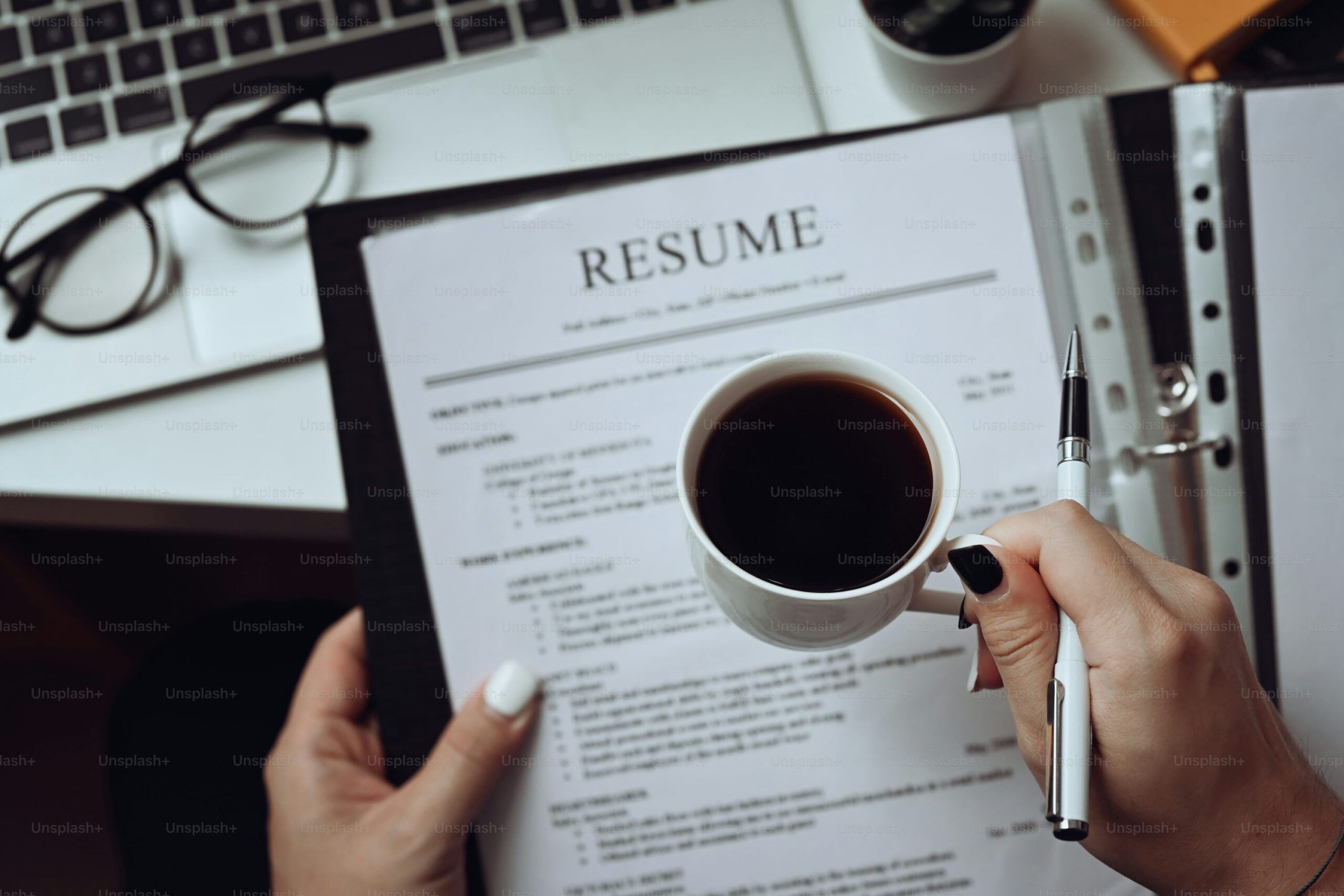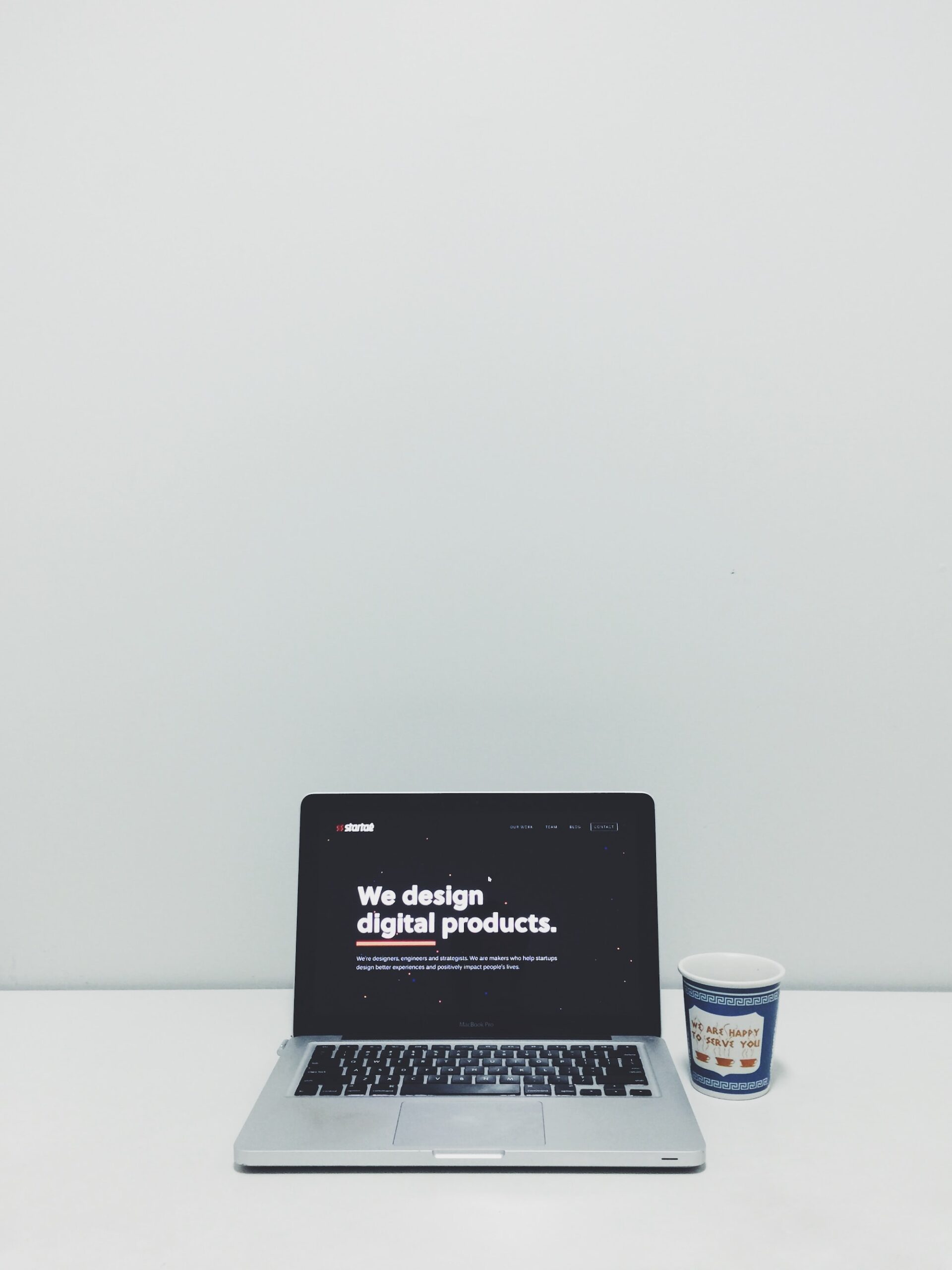I know that starting a resume from scratch can feel like a big task, especially when you’re just beginning your journey without any work history.
But trust me, creating a resume that stands out is completely possible—even if you have no formal job experience. A well-crafted resume helps you highlight your skills, achievements, and potential in a way that makes future employers take notice.
In this post, I’ll share practical tips and ideas to help you build a resume that reflects your strengths and passion.
Understanding the Basics of a Resume
A resume is more than just a list of jobs or classes you’ve taken; it’s a snapshot of who you are and what you can offer. For students with little to no work experience, the focus shifts to other areas:
- Education: This is usually your main highlight. I always suggest listing your current school, any honors you’ve received, and relevant coursework.
- Skills: Think about the skills you’ve built through school projects, volunteer work, or even hobbies. Communication, teamwork, and computer skills are always good to mention.
- Extracurricular Activities: Clubs, sports, and community involvement show employers that you can manage time and work well with others.
- Projects: Any class projects or personal projects that relate to the job you want can be great evidence of your capabilities.
Even without traditional job experience, there is plenty you can showcase to catch an employer’s eye.
Key Components for a Student Resume
1. Contact Information
Start with your full name, phone number, email address, and LinkedIn profile if you have one. Make sure your email sounds professional. Avoid nicknames or unprofessional handles.
Just Before You Go
Empower individuals to overcome barriers, gain essential skills, and secure gainful employment through our proven programs—KeelMaster, KeelWings, and KeelMate. Your support can spark change and build brighter futures.
Donate Now2. Objective or Summary
Write a short, focused statement that explains what you’re looking for and what you bring to the table. For example, “I am a dedicated business student seeking an internship opportunity where I can apply my analytical skills and eagerness to learn.”
3. Education
Place your education section near the top if it is your strongest asset. Include:
- School name and location
- Expected graduation date or the dates you attended
- Major/minor (if applicable)
- GPA (only if it’s above 3.0, and only if you feel comfortable sharing)
- Any relevant coursework, academic projects, or awards
4. Skills
List both hard and soft skills. Hard skills might include software you know or specific technical skills. Soft skills could be communication, problem-solving, or teamwork. Consider using bullet points for clarity.
5. Experience
Even if you don’t have paid work experience, you can still list:
- Volunteer Work: Show your commitment and work ethic.
- Internships or Part-Time Jobs: Include any informal work experiences.
- Campus Involvement: Clubs, organizations, or leadership roles.
- Projects: Describe any projects that demonstrate your skills, such as a website you built or a research project you completed.
When writing this section, focus on what you did and the skills you gained. Use action words like “organized,” “created,” or “managed.”
6. Additional Sections
You might want to add sections such as:
- Certifications: If you’ve completed any online courses or earned certificates (websites like Coursera or edX offer many options).
- Awards and Honors: Any recognition you’ve received.
- Languages: If you speak multiple languages, include them.
Tips to Create a Stand-Out Resume
Tailor Your Resume
I always recommend tailoring your resume for each job or internship application. Look at the job description and adjust your resume to include keywords and skills that match the role. This not only helps you get past online screening tools but also shows the employer that you’re a good fit for the position.
Keep It Simple and Clean
A clean layout helps recruiters focus on your skills and achievements. Use a simple, professional font like Arial or Calibri, and make sure there’s plenty of white space. Stick to a one-page resume unless you have a lot of relevant experience or projects.
Use Action Verbs
Words like “led,” “developed,” “organized,” and “initiated” can help paint a picture of your accomplishments. This helps transform your experience section from a list of duties to a showcase of achievements.
Proofread
Always check your resume for errors. Typos or grammatical mistakes can distract from your message. Consider asking a friend, mentor, or career center advisor to review it for you.
Consider a Resume Template
If you’re unsure how to format your resume, there are many free templates online. Websites like Canva and Novoresume offer free templates that can make your resume look professional without too much design work.
Practical Examples and Inspiration
Sometimes seeing examples can be the best way to start. Here’s a simplified example of what a resume might look like for a student with no work experience:
Jane Doe
jane.doe@example.com | (555) 123-4567 | LinkedIn: linkedin.com/in/janedoe
Objective:
Motivated and detail-oriented student majoring in Communications, seeking an internship opportunity to apply creative skills and support marketing efforts.
Education:
Bachelor of Arts in Communications
State University, City, State
Expected Graduation: May 2026
Relevant Courses: Digital Media, Public Relations, Creative Writing
Skills:
- Excellent verbal and written communication
- Proficient in Microsoft Office and Adobe Creative Suite
- Basic HTML and social media management
Experience:
Volunteer, Community Library
City, State | September 2023 – Present
- Organized community events, improving attendance by 20%
- Assisted in creating promotional materials and managing social media updates
Projects:
Marketing Campaign Project (School Project)
- Developed a comprehensive marketing strategy for a local business
- Conducted market research and analyzed customer feedback
Certifications:
Google Analytics for Beginners (free course on Google Analytics Academy)
This example shows how to fill in each section with your personal details and experiences. Even if you haven’t had a traditional job, you can fill your resume with accomplishments and activities that demonstrate your skills.
Frequently Asked Questions
How long should my resume be if I have no experience?
One page is usually enough for students or anyone with little work history. Focus on clarity and relevant information.
Should I include a cover letter?
Yes, a cover letter is a great chance to explain why you’re interested in the position and how your skills make you a strong candidate. It gives a more personal touch to your application.
What if I have gaps in my education or work experience?
Focus on what you have done rather than what you haven’t. Highlight courses, projects, and extracurricular activities that keep you busy and learning.
How can I make my resume look more professional?
Use a clean, simple design and stick to professional fonts. Make sure your layout is consistent and error-free. Templates can help you keep a professional look.
Further Resources
If you’re looking for more information or tools to help build your resume, here are a few links that I find useful:
- Canva: Offers free resume templates that you can customize.
- Novoresume: Provides both free and premium resume templates and tips.
- Google Analytics Academy: Great for earning certifications that can boost your resume.
- LinkedIn Learning: Offers courses on resume building and career development.
- Purdue OWL: Provides detailed guides on resume writing and job applications.
Wrapping Up
Creating a resume with no work experience can be challenging, but it’s also a great opportunity to think about all the skills and experiences you’ve built outside of a traditional job. I hope that by following these tips, you’ll feel more confident in putting together a resume that really shows off what you can do.
What are some creative ways you’ve found to highlight your skills and experiences on your resume?
Just Before You Go
Empower individuals to overcome barriers, gain essential skills, and secure gainful employment through our proven programs—KeelMaster, KeelWings, and KeelMate. Your support can spark change and build brighter futures.
Donate Now



